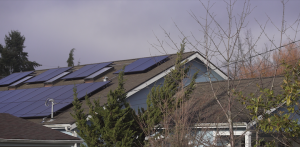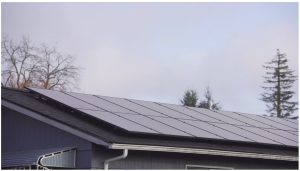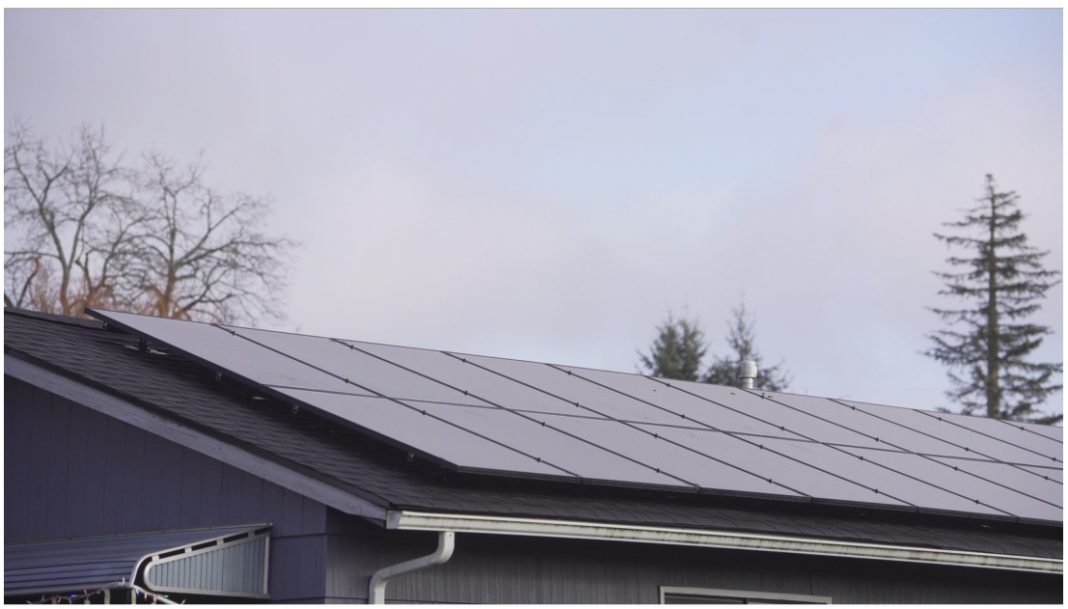Utilities like Puget Sound Energy (PSE) play a key role in advancing diversity, equity, and inclusion because energy is an essential need, and we need to be intentional in how we provide it. This becomes even more critical as we transition to a clean energy future, as we need to ensure all voices are heard and included in the transition. Towards that end, PSE set up a 13-member Equity Advisory Group (EAG) in the spring of last year to help guide its clean electricity planning efforts.

The EAG is a community stakeholder group meant to collectively represent the diversity of the PSE electric customer base. “We want to celebrate this group. They worked really hard,” says Diann Strom, Communications Manager for the Clean Energy Strategy Team. With some members moving on, there are openings at the EAG table. PSE would like to have representation from across its service territory, including Thurston County, to serve the EAG for the upcoming two- to three-year term that begins in May. “We all do better when we learn from others,” affirms Strom.
The intention is to engage with as many different people as possible. The EAG advises PSE on equity matters relating to the transition to 100% clean electricity and the group is tasked with ensuring detailed attention is given to those in underserved and vulnerable populations. PSE desires representation of people of color, and other minority groups. EAG qualifications can be from life experiences and/or professional affiliations.
The initial group advised PSE on a range of topics based on their various perspectives and their relationships to implementing clean energy. Connecting customers with clean energy can face innumerable obstacles. The group identified many of these issues and then asked, “How can barriers be overcome?” For example, PSE may have a great energy-saving program available, but what if the customer has low literacy or does not speak English?
Many face challenges finding and staying in affordable housing. One conceptual idea that came up is to install solar panels on apartment buildings and allow renters to capture some of the savings.

Seniors, veterans, individuals on fixed and limited incomes, Black, Hispanic or Latino and Indigenous communities who have been disproportionately impacted by COVID-19 and being historically underrepresented, will need engagement and support to understand programs that will allow a transition to clean energy without adding higher costs and burdens, but will benefit their overall health and well-being. The EAG helps PSE develop solutions to address some of these concerns.
The EAG tuned in to ways to better communicate and educate customers. They also want PSE staff to have greater understanding of diversity, equity and inclusion. It’s a huge picture that gains more clarity as more diverse people participate. “It is an ongoing partnership and dialogue as we move into the future,” says Strom. One goal is to reduce burdens for participation. “The meetings are illuminating,” she added, who looks forward to new members.
People may be energized to know that PSE is committed to cleaner energy for all its customers. It is in the first of a four-year plan to meet clean electricity goals. To get an idea of the scope of this endeavor, it is necessary to understand that in 2020 only 34% of electrical energy was clean, meaning not coming from carbon emitting sources like coal. Cleaner sources include wind, hydro and solar power. PSE is on track to be at 63% clean electricity by the end of 2025. “That’s a big step up – nearly double from what it is today,” notes Strom. PSE’s electric supply will be carbon neutral by 2030 and 100% clean by 2045. The plan will work the best when all customers can take advantage of services and programs. The EAG is working together to make this happen.
The seat on the EAG is a two- to three-year commitment. Meetings happen between six and eight times per year and are usually two hours in the evenings. “We are going to do it in-person or with a virtual option,” says Strom. “It is an opportunity to bring voice to customers who are not always represented in our energy planning,” she continues, “We want to hear those perspectives and broaden ours.”
If you or someone you know has interest in bringing the lesser heard concerns of diverse PSE customers, the application can be completed on-line. PSE is committed to accommodating EAG participants who may require additional support for full participation. It is possible to request an application in another language, do an application verbally or to set up a meeting. Contact PSE at ceip@pse.com or call 425.818.2051. Applications are being accepted through April 8, 2022. You can be a powerful partner in making the transformation to clean electricity affordable, accountable and accessible.
Sponsored





















































